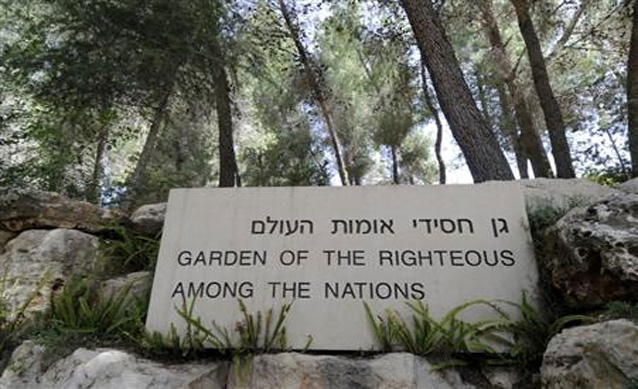I last wrote about Zoltán Harangi four years ago in Hungary’s Élet és Irodalom weekly magazine, as well as in a publication entitled Beszélő, arguing that Mr. Harangi’s despicable activities during the Second World War deserve special attention, even within the context of the many inhumane acts committed during the conflict. As a member of the Swedish Red Cross in Budapest, in 1944, he reported Jews in hiding on numerous occasions to the Hungarian Arrow-Cross. By doing this, Mr. Harangi precipitated a mass tragedy. Additionally, he stripped other vulnerable people of the few belongings they still had, while others yet were blackmailed by him. For this and other crimes, he was jailed on several occasions. During the 1956 Revolution, he joined the revolutionaries at Baross tér in Budapest, but he did nothing, other than use the opportunity of the repression of the revolt by the Soviet Union, to report the rebels to Hungarian communist authorities. In the years following the uprising, his informant activities once again had tragic consequences for many.
Here is a a single quote, for those who cannot go through the Hungarian-language documentation on Zoltán Harangi.
“The Arrow Cross broke into the headquarters of the Swedish Red Cross in Budapest and the first place they went to is where those from Labour Service were hiding. Only three people knew of this hiding place, amongst them was Mr. Harangi. ‘The Arrow-Cross was informed of everything that happened at our centre in short order. But when Harangi was moved to another building, suddenly the Arrow Cross was no longer able to obtain any information on us.'” This is what eyewitness Kálmán Kohányi told to Jenő Bors, secretary at the Swedish Red Cross.
I found out one year ago from Hungarian historian László Karsai that Mr. Harangi, who died in 1998, was added to the Garden of the Righteous of the Nations at Yad Vashem in the same year that my original article on this subject appeared. Shortly thereafter Mr. Karsai and later civil rights activist Eszter Garai-Édler wrote to Irena Steinfeldt, who is responsible for awards and recognitions at Yad Vashem, on this issue. Nothing has been done to date. The documents stored at the Historical Archives of Hungarian State Security, which provide ample data on Mr. Harangi’s past, could have been easily reviewed in the many months after Yad Vashem was informed about this situation, especially if they failed to conduct this review prior to including him in the Garden of the Righteous of the Nations. But it would appear as though even our exhaustive English-language article on the matter did not give Ms. Steinfeldt cause for concern.
Based on Yad Vashem’s website, four individuals recommended Mr. Harangi for inclusion, namely: Éva Fischer (Mrs. László Szendrő), Éva Knapp, Péter Bányász and István Lenz. I have not seen their personal testimonies, but it is a fact that the shameless Mr. Harangi, during his trial, went to every length to influence the verdict. He tried to bribe the office of the people’s prosecutor, he forged signatures, tried to influence his cellmates, he claimed to be mentally ill and also gave false testimony. None of the testimonies from the individuals who recommended him to Yad Vashem surfaced during the trial. nor did Mr. Harangi mention any of them. The courts may have disagreed in terms of the nature and scope of the sentence, but there was no disagreement over the fact that war crimes had been committed.
As of 1961, by then as an informant for communist state security (Mr. Harangi worked under the pseudonym “Kecskeméti”), he claimed several times to have “saved Jews from the Arrow-Cross’ grasp.” But he never mentioned any names. The communist authorities of the day did not believe Mr. Harangi’s claims.
I simply cannot understand Yad Vashem’s approach. Even if a random cheat receives recognition by Yad Vashem it would be unacceptable. But in this case, a man responsible for the death of many, a man whose behaviour was truly revolting, has been awarded.
László Eörsi
(Translated from Hungarian by C. Adam)
*
Historian László Eörsi’s Hungarian language piece was translated to English, for publication in the Hungarian Free Press, with the author’s permission.




